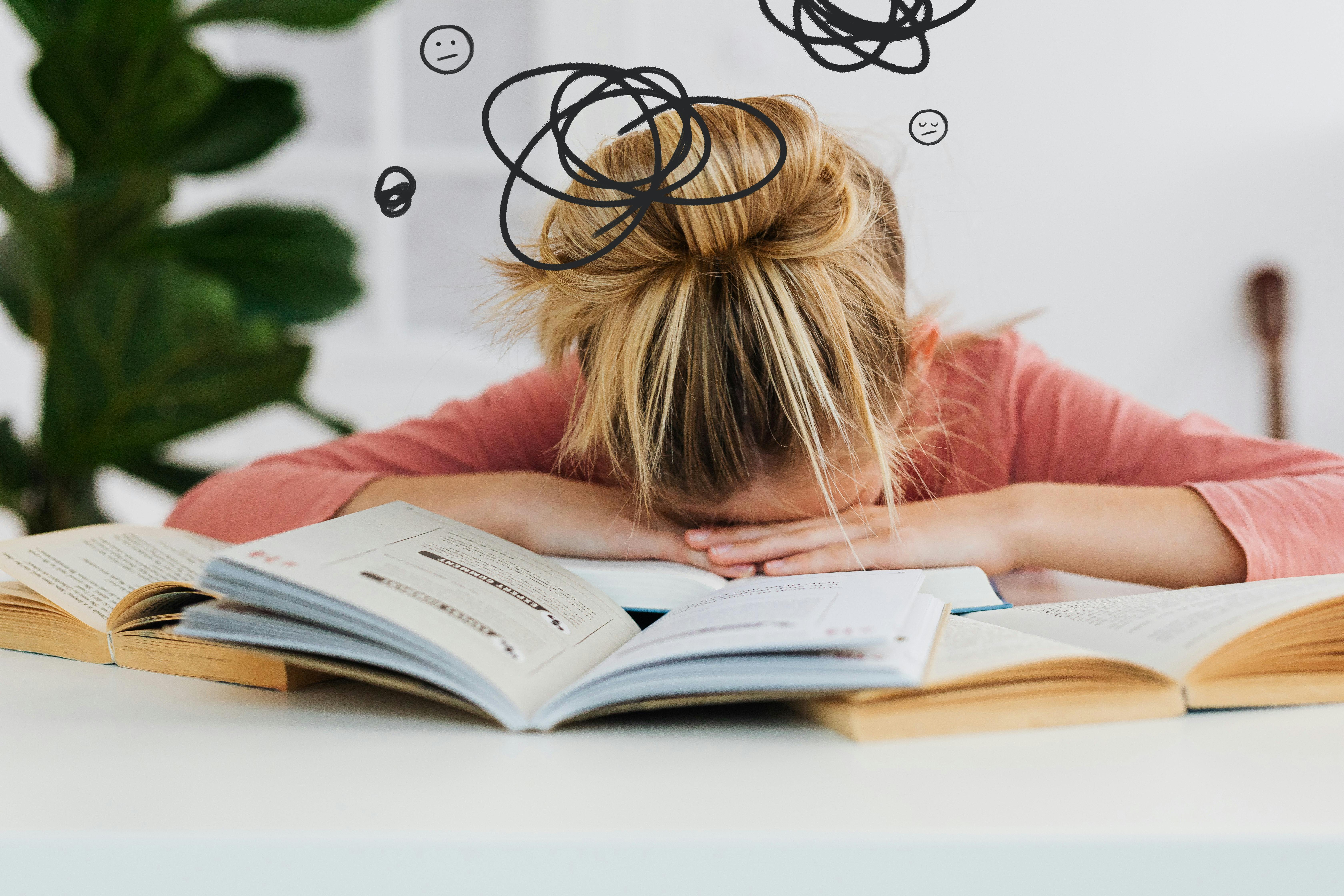Study Smarter, Not Harder: Essential Concentration Hacks for Students
In today's fast-paced academic environment, students are often caught in a relentless cycle of assignments, exams, and extracurricular activities. The pressure to excel can lead to long hours of study, often without a corresponding increase in productivity. This article delves into the concept of studying smarter, not harder, by exploring essential concentration hacks that can transform how students approach their academic responsibilities. By focusing on effective strategies, students can enhance their focus, retain information better, and ultimately achieve their academic goals without burning out. This guide will explore ten key techniques, each offering a unique perspective on optimizing study habits.
The Power of Active Learning

Active learning is a transformative approach that involves engaging with the material through discussion, practice, and teaching others. Unlike passive reading or listening, active learning requires students to interact with the content, making it more memorable. Techniques like summarizing information in your own words, creating mind maps, or teaching concepts to a peer can significantly enhance understanding and retention. Research shows that students who employ active learning strategies tend to perform better academically, as these methods encourage deeper cognitive processing. By incorporating active learning into study routines, students can make the most of their study time and improve their academic performance.
The Pomodoro Technique: Time Management Mastery

The Pomodoro Technique is a time management method that breaks study sessions into intervals, traditionally 25 minutes in length, separated by short breaks. This technique leverages the brain's ability to focus intensely for short periods, followed by rest, to maintain high levels of concentration. By using a timer and committing to focused study blocks, students can reduce procrastination and increase productivity. The breaks allow the brain to rest and reset, preventing burnout and maintaining motivation. This method not only enhances concentration but also helps students become more aware of their study habits, enabling them to make adjustments for greater efficiency.
Environment Optimization: Creating a Study Sanctuary

The environment in which students study can significantly impact their ability to concentrate. A cluttered, noisy, or uncomfortable space can be distracting, making it difficult to focus. Creating a dedicated study area that is organized, quiet, and comfortable can enhance concentration and productivity. This might involve minimizing distractions by using noise-cancelling headphones, ensuring proper lighting, and maintaining a tidy workspace. Personalizing the space with motivational quotes or calming elements can also create a positive atmosphere conducive to learning. By optimizing their study environment, students can create a sanctuary that supports their academic efforts and enhances their ability to concentrate.
Mindfulness and Meditation: Enhancing Focus Through Mental Clarity

Incorporating mindfulness and meditation into daily routines can significantly enhance a student's ability to concentrate. These practices train the mind to focus on the present moment, reducing stress and increasing awareness. Regular meditation sessions can improve attention span, memory, and cognitive flexibility, all of which are crucial for effective studying. Mindfulness exercises, such as deep breathing or body scans, can be used as quick concentration boosters before or during study sessions. By cultivating a habit of mindfulness, students can develop greater mental clarity and resilience, enabling them to tackle academic challenges with a calm and focused mind.
The Role of Nutrition and Hydration in Cognitive Function

What students consume can have a profound impact on their concentration and overall cognitive function. A balanced diet rich in fruits, vegetables, whole grains, and lean proteins provides the brain with essential nutrients needed for optimal performance. Staying hydrated is equally important, as even mild dehydration can impair attention and memory. Students should be mindful of their caffeine and sugar intake, as these can lead to energy crashes and decreased focus. By prioritizing nutrition and hydration, students can support their brain health, enhance their concentration, and maintain consistent energy levels throughout their study sessions.
Sleep: The Ultimate Study Aid

Adequate sleep is often overlooked but is crucial for effective studying and concentration. During sleep, the brain consolidates memories and processes information learned throughout the day. Lack of sleep can lead to decreased attention, impaired memory, and reduced cognitive function, all of which hinder academic performance. Students should aim for 7-9 hours of quality sleep each night and establish a regular sleep schedule to support their study efforts. By prioritizing sleep, students can enhance their ability to concentrate, retain information, and approach their studies with a refreshed and alert mind.
Exercise: Boosting Brainpower Through Physical Activity

Regular physical activity is not only beneficial for physical health but also enhances cognitive function and concentration. Exercise increases blood flow to the brain, promoting the growth of new brain cells and improving memory and learning. Activities like walking, jogging, or yoga can serve as effective study breaks, helping to clear the mind and reduce stress. Incorporating exercise into daily routines can boost energy levels, improve mood, and enhance overall mental acuity. By making physical activity a priority, students can support their academic efforts with a sharper and more focused mind.
Technology: Leveraging Digital Tools for Enhanced Learning

In the digital age, technology can be a powerful ally in the quest to study smarter. There are numerous apps and tools designed to enhance concentration and productivity. Tools like digital flashcards, study planners, and focus apps can help students organize their study sessions and minimize distractions. Additionally, online resources such as educational videos and interactive quizzes can make learning more engaging and effective. By strategically using technology, students can access a wealth of information and resources that support their learning objectives and help them concentrate more effectively.
Setting SMART Goals: A Blueprint for Academic Success

Setting SMART (Specific, Measurable, Achievable, Relevant, Time-bound) goals can provide students with a clear roadmap for their academic journey. By defining specific objectives, students can focus their efforts and track their progress. This approach encourages accountability and motivation, as students can celebrate small victories along the way. Breaking larger tasks into manageable steps prevents overwhelm and enhances concentration by providing a clear focus for each study session. By setting SMART goals, students can align their study habits with their academic aspirations, ensuring that their efforts are both purposeful and productive.